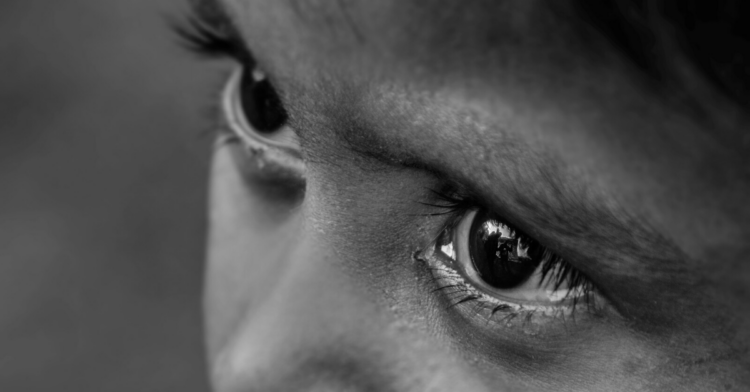It’s not exactly a stunning revelation to say that a lot of people really don’t like being told what to do.
And while this often true of adults, many parents will find that it’s an even bigger reality when it comes to children.
To get around this fact, my mom’s clever trick was to always give me a choice when I didn’t want to do something. In such cases, I could either choose whatever I needed to do that day or something else that was even more arduous and undesirable. The game was rigged from the start, of course, but it became easier to grudgingly accept my responsibility if it seemed like the best possible option.
But one interesting tendency that arises whenever some new research comes out that demonstrates the negative effects of spanking is that if there’s one thing people really hate, it’s when someone tells them how to tell someone else what to do.
And yet, that’s what I’m nonetheless compelled to do because the more we learn, the clearer it is that an end to spanking is long overdue.
Just because your parents or maybe even your teachers did it, that doesn’t mean you have to.

And in all honestly, it’s unlikely that so many of them would have done it if they had the information that’s available to us now.
Because unless they actually enjoyed the act of spanking itself, why would teachers in the olden days want to make their jobs even harder?
After all, a study published in The Lancet found that not only does spanking not decrease disruptive, aggressive, or defiant behaviors in children, but actually makes those behaviors worse.
With that in mind, it doesn’t exactly seem like a coincidence that so many of the people I’ve seen defend spanking gave the impression that it happened to them often. Is it not possible that that’s because it didn’t work?
If you were spanked and you turned out OK, that was in spite of the spanking, not because of it.

That argument always reminds me of those who talk about making it through the age where cars didn’t have seat belts and the ceilings were full of asbestos unscathed.
It’s easy to get a kind of survivor’s bias when we look back on those practices. But it’s good to remember that just because they didn’t harm the people telling us this, that doesn’t mean they didn’t harm a significant number of other people. Otherwise, we wouldn’t have bothered with seat belts and asbestos use would be as prevalent as ever.
To put it another way, comedy legend George Burns regularly smoked cigars and drank, but nonetheless lived to be 100 years old.

But given what we know about how tobacco and alcohol affects our health, it wouldn’t be realistic for us to expect the same results from the same lifestyle, would it?
And the more that researchers examine the effects of spanking, the harder it is to deny that it does more harm than good.

In addition to the behavioral issues that study in The Lancet discovered, it also found that children who were regularly punished this way “gained fewer cognitive” skills than those who weren’t.
This effect worsened the more that spanking occurred and wasn’t offset by other, more nurturing behaviors shown by parents who spanked.
And all of these effects were confirmed by a separate Harvard study , which also found that spanked children were more likely to develop mental health problems such as anxiety and depression and that the effects of spanking on brain development were similar to other forms of abuse.
As more of this research comes to light, it becomes clearer that whether a parent considers spanking abuse or not, the brain is likely to treat it that way.
So ultimately, the decision to continue spanking and to defend the practice becomes a pretty risky gamble.
Because even if people believe that spanking didn’t affect their brain development, mental health, or their relationships with their parents and did instill discipline in them, there’s little reason to believe that all of this will be true if they do it to their kids.
I’ll admit I don’t enjoy gambling but even if I did, I’m not sure how this could possibly look like a bet worth making if we’re ultimately gambling on a child’s well-being.
h/t: The Lancet

















































